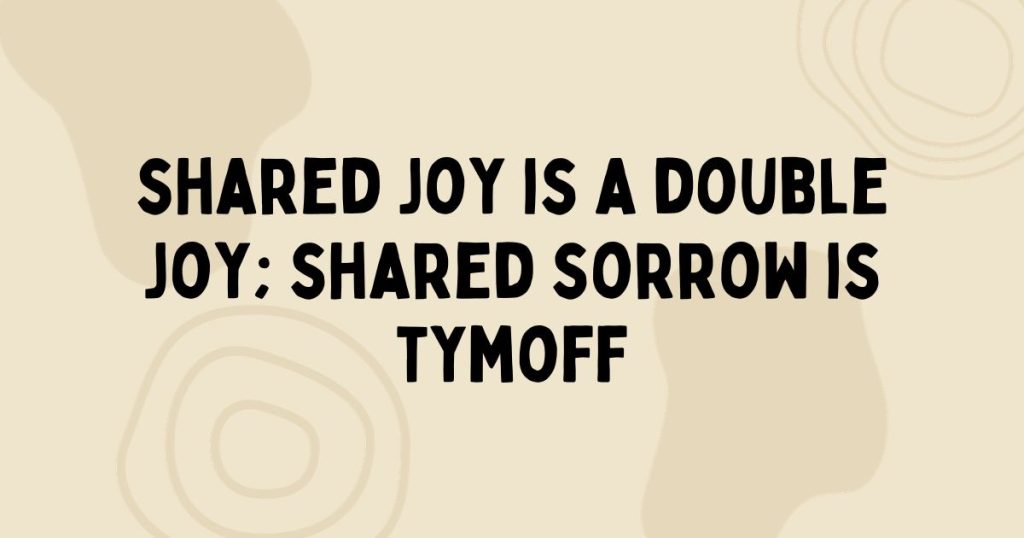the correct spelling is school not school. some pe – tymoff

Introduction:
the correct spelling is school not school. some pe – tymoff, In the realm of language and communication, spelling variations are not uncommon. Words may be misspelled due to typographical errors, regional differences, or evolving language conventions. One such example is the variation between “school” and “shcool.” While “school” is the correct spelling, instances of “shcool” can be found in various contexts. In this article, we delve into the phenomenon of spelling variations, explore potential reasons behind them, and consider their implications for language usage and literacy.

Understanding Spelling Variations:
Spelling variations occur when a word is spelled differently from its standard or accepted form. These variations can manifest in various ways, including typos, regional differences, phonetic spellings, and intentional alterations for stylistic or creative purposes.
Must Read=errordomain=nscocoaerrordomain&errormessage=could not find the specified shortcut.&errorcode=4
In the case of “school” and “shcool,” the latter represents a misspelling or typographical error of the former. While “school” is the correct spelling, “shcool” is often the result of inadvertent mistakes, such as inadvertently hitting the wrong keys while typing.
Reasons Behind Spelling Variations:
Spelling variations can arise from a multitude of factors, including:
- Typographical Errors: In the age of digital communication, typos are a common occurrence. Misspelled words like “shcool” may simply be the result of unintentional mistakes made during typing or writing.
- Phonetic Spellings: Some spelling variations may stem from attempts to phonetically represent words as they sound. For example, individuals unfamiliar with the correct spelling of “school” may spell it as “shcool” based on its pronunciation.
- Regional Differences: Spelling conventions can vary between regions and dialects, leading to differences in how words are spelled. While “school” is the standard spelling in many English-speaking regions, variations may exist in specific dialects or communities.
- Evolution of Language: Language is dynamic and constantly evolving. Spelling conventions may change over time, influenced by factors such as cultural shifts, technological advancements, and linguistic trends. Nonstandard spellings like “shcool” may emerge as part of this evolution.
- Influence of Digital Communication: The prevalence of digital communication platforms, such as social media and texting, has introduced new forms of language expression characterized by brevity, informality, and creative spelling. Spelling variations like “shcool” may be more common in informal digital contexts.
Implications for Language Usage and Literacy:
While spelling variations like “shcool” may seem innocuous, they can have implications for language usage and literacy:

- Communication Clarity: Correct spelling contributes to clear and effective communication. Spelling variations may lead to misunderstandings or confusion, particularly in formal or professional contexts where accuracy is paramount.
- Literacy Skills: Consistent exposure to correct spelling helps reinforce literacy skills and language proficiency. Spelling variations, if left uncorrected, may hinder the development of strong spelling and writing abilities, particularly among young learners.
- Educational Standards: In educational settings, adherence to standard spelling conventions is often emphasized to instill good language habits and promote academic excellence. Addressing spelling variations ensures that students develop a strong foundation in spelling and grammar.
- Language Accessibility: Standardized spelling facilitates language accessibility and comprehension for diverse audiences. Spelling variations like “shcool” may pose challenges for individuals with learning disabilities or those learning English as a second language.
- Professionalism: In professional settings, attention to detail and adherence to standard spelling conventions are important markers of professionalism. Spelling variations, if unchecked, may reflect negatively on an individual’s competence or attention to detail.
Addressing Spelling Variations:
To mitigate spelling variations like “shcool,” several strategies can be employed:
- Spell-checking Tools: Utilizing spell-checking software or built-in spell-check features in word processing programs can help identify and correct spelling errors automatically.
- Proofreading: Thorough proofreading of written documents, including emails, reports, and academic papers, can help catch and correct spelling variations before finalizing and submitting them.
- Education and Awareness: Educating individuals about correct spelling conventions and raising awareness of common spelling errors can help reduce instances of spelling variations over time.
- Encouraging Literacy: Promoting literacy initiatives and providing resources for spelling and grammar instruction can empower individuals to develop strong language skills and minimize spelling errors.
- Language Standards: Upholding language standards in educational, professional, and digital communication settings reinforces the importance of correct spelling and fosters a culture of linguistic excellence.

FAQ
- What is the correct spelling: “school” or “shcool”?
- The correct spelling is “school.” “Shcool” is a misspelling or typographical error.
- Why do people sometimes misspell “school” as “shcool”?
- Misspelling “school” as “shcool” often occurs due to typographical errors or inadvertent mistakes while typing.
- Is “shcool” an accepted variation of “school”?
- No, “shcool” is not an accepted variation. It is considered a misspelling of “school.”
- Does the misspelling “shcool” have any specific meaning or significance?
- No, “shcool” has no specific meaning or significance. It is simply an incorrect spelling of “school.”
- How common is the misspelling “shcool” compared to “school”?
- The misspelling “shcool” is relatively uncommon compared to the correct spelling “school.”
- Are there any factors that contribute to people misspelling “school” as “shcool”?
- Factors such as typing quickly, unfamiliarity with correct spelling, or typographical errors on keyboards may contribute to the misspelling.
- Do regional differences affect the spelling of “school”?
- No, “school” is spelled consistently across English-speaking regions. “Shcool” is not a regional variation but rather a misspelling.
- Are there any situations where “shcool” might be considered acceptable?
- No, “shcool” is universally regarded as a misspelling and is not acceptable in any context.
- Does autocorrect software correct the misspelling “shcool” to “school”?
- Yes, most autocorrect software or spell-checking tools will automatically correct “shcool” to “school.”
- Can frequent misspellings like “shcool” affect a person’s writing proficiency?
- Frequent misspellings may indicate a need for improvement in spelling proficiency but do not necessarily reflect overall writing ability.
- How can individuals avoid misspelling “school” as “shcool”?
- Taking time to proofread written text and being mindful of correct spelling can help individuals avoid misspellings like “shcool.”
- Does the misspelling “shcool” appear in formal writing or publications?
- No, “shcool” is unlikely to appear in formal writing or publications due to its status as a misspelling.
- Are there any consequences for using the misspelling “shcool” in academic or professional contexts?
- Using misspellings like “shcool” in academic or professional contexts may reflect poorly on the writer’s attention to detail and professionalism.
- Can misspellings like “shcool” affect comprehension in written communication?
- Yes, misspellings may cause confusion or hinder comprehension, particularly if the intended word is not immediately recognizable.
- Is there a specific age group more prone to misspelling “school” as “shcool”?
- Misspellings can occur across all age groups, but younger individuals may be more susceptible due to less experience with correct spelling.
- What should individuals do if they notice they’ve misspelled “school” as “shcool”?
- Individuals should correct the misspelling when proofreading their writing to ensure accuracy and clarity.
- Does the misspelling “shcool” ever appear intentionally in creative writing or humor?
- While it’s possible for writers to intentionally use misspellings for creative effect or humor, “shcool” is not a common example due to its lack of inherent humor or meaning.
- Can misspellings like “shcool” persist in digital communication despite autocorrect features?
- Misspellings may persist if users choose to ignore autocorrect suggestions or if autocorrect is disabled.
- Do spelling errors like “shcool” affect search engine results or online visibility?
- Spelling errors can potentially impact search engine results if users search for the misspelled term, but they are less likely to affect online visibility compared to correct spellings.
- What resources are available to help individuals improve their spelling proficiency and avoid misspellings like “shcool”?
- Resources such as dictionaries, spelling guides, and online spell-checking tools can assist individuals in improving their spelling skills and avoiding common misspellings like “shcool.”
Conclusion:
In the realm of language and communication, spelling variations like “shcool” serve as reminders of the complexities inherent in written expression. While such variations may arise from typographical errors, regional differences, or evolving language conventions, they underscore the importance of accuracy, clarity, and adherence to standard spelling conventions. By addressing spelling variations through education, awareness, and attention to detail, individuals can contribute to effective communication, promote language proficiency, and uphold standards of literacy and professionalism in diverse contexts.
